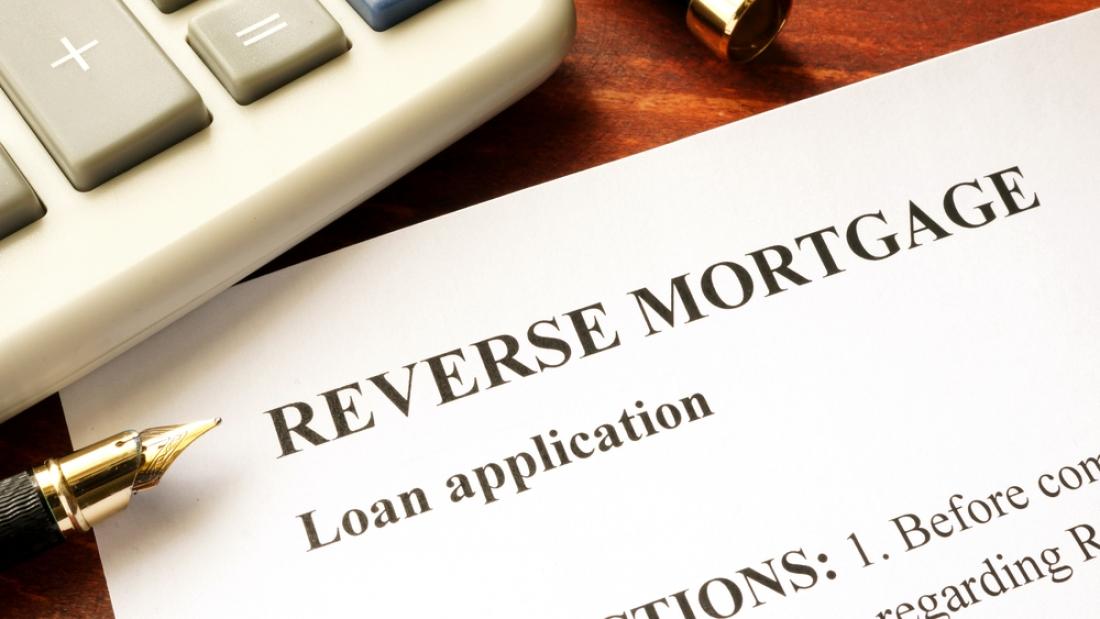If you are looking to pay off your mortgages or other expenses, you might want to consider applying for a reverse mortgage. Reverse mortgages allow you to convert part of the equity in your home into cash without having to sell your home or pay additional monthly bills. Regardless, you need to do your research on how reverse mortgages work and think about whether they are right for you. They can be a bit complicated. There are different types of reverse mortgages and it’s also important to look into the different companies that offer reverse mortgages. When you have a regular mortgage, you pay the lender every month to buy your home over time. In a reverse mortgage, you get a loan in which the lender pays you.
Reverse mortgages take part of the equity in your home and convert it into payments to you. This is an advance payment on your home equity and the money you get is usually tax-free. Usually, you don’t have to pay back the money for as long as you live in your home. After your death, a family member would repay the loan if possible. The same goes for moving out or selling your home.
There are three kinds of reverse mortgages. One of them is a single purpose reverse mortgages and they are offered by some state and local government agencies and non-profits. Another type is proprietary reverse mortgages and these are basically private loans. Lastly, there are federally-insured reverse mortgages which are also known as Home Equity Conversion Mortgages (HECMs). If you get any of these reverse mortgages, it means you get a loan in which you borrow against the equity in your home. You still keep the title of your home, but instead of paying monthly mortgage payments, you get an advance on part of your home equity. The money you get is not taxable and it usually won’t affect your Social Security or Medicare benefits if you have any. When the last surviving borrower dies, sells the home, or no longer lives in the home, the loan still has to be repaid.
With most reverse mortgages, you have at least three business days after closing to cancel the deal for any reason, without penalty. This is known as your right of “rescission.” It’s important to decide whether a reverse mortgage is right for you or not and if you think it is, make sure to look thoroughly at your options.

